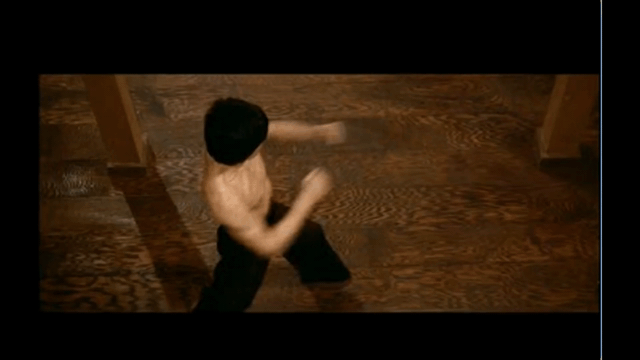frank raud
Master of Arts
Not trying to defend O.E. Simon, but his entry into the Hall of Fame is as an Entrepeneur, establsihing business practices in the martial artsThe fact that this guy was inducted into the Canadian Black Belt HOF baffles me.
Dr. Olaf Simon
Entrepreneur
Grand Master Simon is nothing short of a living legend in Canadian Martial Arts. Born in Steinort, Germany, in 1929, he escaped from a Russian Death Camp in 1945. After the war, he studied Medicine and then switched to Literature and eventually attained a Ph.D from the University of Jena - one of the oldest and most prestigious Universities in the world.
In 1963, he opened the first martial arts school in western Canada, where Canadian newspapers labeled him as the “Fastest Foot in The West”. His amazing skill, mixed with speed and a flair for the dramatic, earned him international recognition by names like America’s Ed Parker, Okinawa’s Zenpo Shimabuku, and Tae Kwon Do’s Jhoon Rhee. His demonstrations and reputation as a fair referee had Simon in demand all over North America.
His book, “The Law of The Fist”, was first copyrighted in 1969, making it the first book ever written on the subject by a Canadian. He subsequently wrote two more books on the martial arts.
Perhaps the one thing he did that set the martial arts world up for success was his unique and original business ideas that set him apart from so many in the late 1960s and early 1970s. At the time, these ideas were frowned upon but now are considered the norm. Selling annual memberships and running a school as a business not just a club in a back alley were unique and different. He was most certainly a man ahead of his time and he set the standard for today’s schools all over the world, which, in turn, helped make martial arts a household name.
To be fair, I had discussions with Don Warrener about the claim that Simon wrote the first martial arts book by a Canadian. it got rephrased as seen above.

